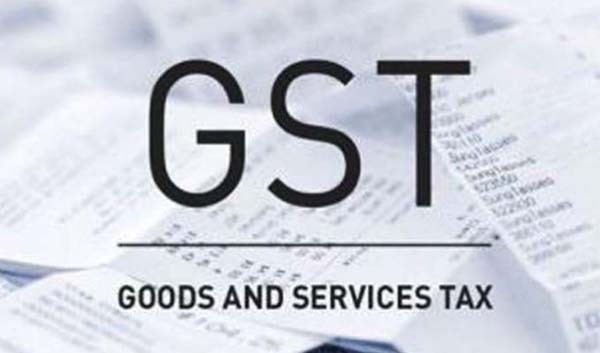
Nagpur: A massive evasion of Goods and Services Tax (GST) to the tune of Rs 600 crore has been unearthed in a Nagpur-based company, in a first such action by the Directorate General of GST Intelligence (DGGSTI), on Monday. The company has been identified as New Age False Ceiling Pvt Ltd. The sleuths have arrested company’s accountant Pawan Lal while its director Manoj Gupta is allegedly untraceable.
According to a press release issued by the directorate the case involves alleged scam of issuing fake invoices to the tune of over Rs 600 crore in all, enabling businesses across the country to claim wrongful input tax credit (ITC) from the GST liability.
As many as 400 arrests have been made throughout the country in similar cases, with this being the first in Nagpur region of DGGSTI that covers Vidarbha, Marathwada, Nashik and Khandesh. The company was found to have taken fraudulent ITC to the tune of Rs 4.63 crore based on 133 fake invoices, said the press release.
Every indirect tax system, including GST, has an element of ITC, in order to prevent cascading effect of taxes. Under this, each entity gets a proportionate reduction in tax liability for the tax paid at the time of purchase of raw material, or while availing of any service that goes as input into making the final product or service.
The taxmen have come across a number of cases of wrongful ITC being claimed by assessees on the basis of fake purchase invoices. It is learnt that sleuths have come across a couple of companies at Mumbai that were only engaged in issuing fake purchases invoices for others to claim ITC. Even New Age False Ceiling was found to have got invoices from the same sources.
The company that issues such invoices records the transactions as sale in its GSTR 1 returns. The other firm records it as purchase of inputs and claims ITC for tax paid on purchases. Since the company that issues fake invoices also records it in its GST returns as sale, it further claims ITC by getting fake invoices from elsewhere.
In this case, a circuitous transaction was found between the Mumbai companies and firms to which the invoices were issued. The same firms were found to have later sold back the material after some value addition to the Mumbai companies, enabling them to avail ITC. However, transactions from both ends were found to be fake, said sources.












